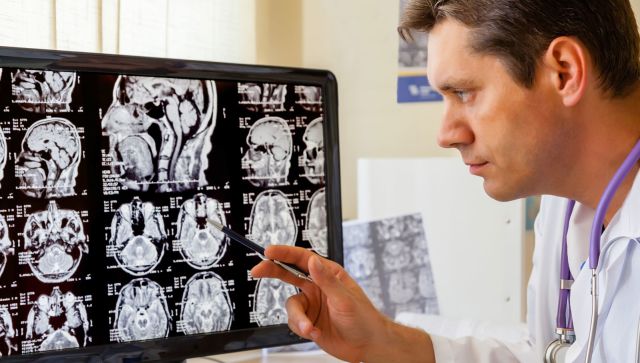An important brain chemical may not work correctly in people with autism, according to researchers from Harvard and Massachusetts Institute of Technology. This exciting -- but very early -- finding could help explain how autism happens and, one day, potentially open the door to new ways of diagnosing and treating it.
The chemical, called GABA, sends signals between different parts of the brain, explains Keith Roach, MD, chief medical officer at Sharecare. In a nutshell, GABA helps calm, or turn down the volume, of brain cell activity. This helps the brain work in a more orderly way.
Scientists have been interested in GABA’s role in autism for a while. It’s often said that autism is a problem in which the brain is flooded with information at once, the researchers explained. And people with autism frequently have seizures, which are caused by nerve signals firing uncontrollably. Both of these suggest that GABA isn’t working normally.
In their study, the researchers performed brain scans while people received a certain type of vision test that measures how well the brain filters out information. People with autism struggled with the test, and GABA activity didn’t increase as it should.
No test yet
It’s possible that similar tests could someday be developed to help diagnose autism in very young children. But that’s a long way off.
“This is the first step of many steps,” says Dr. Roach. Much more work is needed to understand GABA’s role in autism. Many other brain chemicals may be involved in the disorder, too. And since autism is not one disease but rather a spectrum of disorders, the chemicals may work differently from person to person.
“This is the beginning of some understanding of what might be the root cause of autism,” Roach adds, “but it doesn't yet provide guidance in making a diagnosis or improving the lives of people with autism.”






